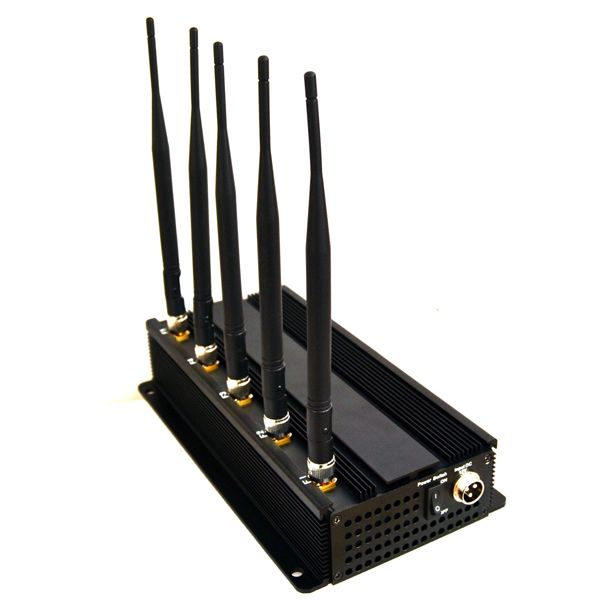A number of people do not comprehend that, modern technology misuse can frequently be dealt with in both domestic law court and criminal court of justice. The procedure and function for using each law court is various and you might achieve various outcomes depending on which court of law you are in. What are the standard differences in domestic and criminal court of justice cases?
One method to address the misuse of technological innovation can be through the civic court system. To file a claim in civic court, you can utilize a lawyer or file by yourself. You (the victim) can sue for money damages for things like lost earnings, loss of your task, emotional pain and suffering, damage to yours credibility, and even punitive damages (to penalize the accused). If your damages are below a certain amount, you may be able to submit by yourself in small claims court. In some communities, if you were the victim of the criminal activity of disclosure of intimate images, the law might allow you to take legal action against the individual who discloses or uses the image for damages that increase every day the abuser remains in infraction of the law. You can find out more about the option of taking legal action against an abuser in civic court by reading our Suing an Abuser for Resources webpage and selecting your community from the drop-down menu. You can likewise ask the court to issue an order (typically called an injunction or a detering order) in which the judge orders the offender to stop doing particular things (like sending pictures of you to others) or to force him/her to do particular actions (such as turning or ruining over images). Restricting orders may be a legal remedy for victims experiencing various kinds of abuse involving technological innovations (and not just for nonconsensual image sharing cases) depending upon your place's legal meaning of domestic violence.
There also might be other essential civil legal options to consider in technology-related abuse cases, particularly those that handle the sharing of pictures of you without your approval. One possible alternative, for example, deals with turning over the copyright of images to you. Generally, copyright law might safeguard certain photos or videos taken as an "original work," and the individual who takes a photograph or video is usually the copyright "owner." The owner of the copyright can choose if, how, and when those images are distributed, released on line, and so on. In a civilian suit, it might be possible for you to request-- and for a judge to order-- that the offender sign over any copyright ownership of the images to you (the victim). Therefore, if you are the copyright owner, you would have the legal power to decide where the pictures are published and you may be able to require that the pictures be eliminated from the Internet or other publications. For advice on whether you might have a valid legal claim to get the copyright of any images taken of you, please speak with an attorney who is well-informed about copyright law and modern technology misuse. Whenever you have a chance, you may need to look at this specific topic more in depth, by visiting this their site #links# ...!

Another method to address technology abuse is through the criminal court system. In the criminal law system, cases are filed by the community prosecutor (likewise called the district attorney or chief law officer in some areas) based on violations of region criminal law. (Or if a federal law is breached, the federal prosecutor would be the one to file the case.) Generally, when you call 911 or go to the police department to submit a criminal complaint, the cops will do an examination and if there is "probable cause" to make an arrest and sufficient proof to prosecute, the abuser might be charged with a crime. To see a list of some common criminal offenses in your area, specifically those that include technology misuse, go to our Crimes web page and enter your nation in the drop-down menu.
One essential difference in between a municipal and criminal case is that in a criminal case, the prosecutor is the one who decides whether or not to submit the criminal case against the abuser and whether or not to withdraw the criminal charges. You do not necessarily have the exact same ability to start or dismiss a case in criminal law court the method you may be able to in civilian court of law.
If you are being mistreated or stalked by somebody who is misusing technology, it will be crucial to think through methods to increase your safety and personal privacy that take that modern technology into consideration. Given that modern technology is continuously altering and the application of laws in this location are still developing, there could be situations where the present law might not attend to exactly what is occurring.
Even if you are unable to or choose not to seek defense, compensation, or other types of justice in criminal or civil court, you can still make a prepare for your safety and get assist to deal with the emotional trauma that you may experience. See our Safety Planning site for additional information on ways to increase your safety. You can call your regional electronic cyber stalker organization for extra assistance developing a security plan or for other support and more practical resources available to you about technological innovations criminal offenses and its abuse and increasing your personal privacy and safety on the net.
